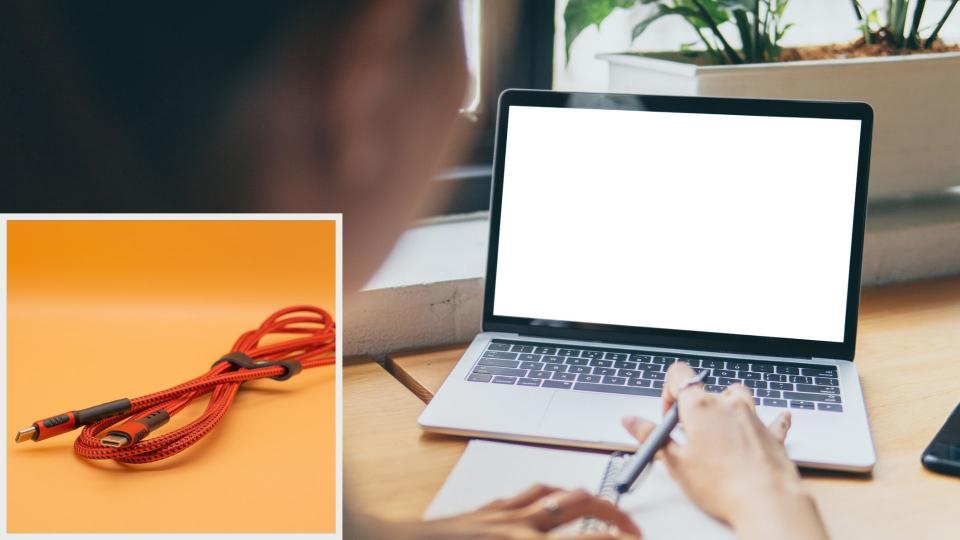'Unfixable' flaw allows hackers into your computer

A very simple way to get around lockscreens and logins to modern computers has been found by a university researcher.
Thunderbolt ports, which were invented by Intel and have been installed into many Windows and Mac computers for the last decade, transfer data at very fast speeds.
But it does this by using a system called direct memory access, which Dutch masters student Björn Ruytenberg has shown can be hijacked without knowing the computer's login password.
Ruytenberg's method, called Thunderspy, even works for disks that are encrypted.
According to iTnews, the Thunderbolt vulnerability is not fixable as it requires hardware changes.
Ruytenberg himself warns that the only way to avoid the hack is to keep computers physically secure.
Intel did release a feature called "kernel DMA protection" last year that partially protects against this hack. But the workaround slows down performance and stops some Thunderbolt accessories from working, which defeats the whole purpose of having these ports.
Moreover "kernel DMA protection" is only available on the most recent computers, with many 2019 models not covered.
The company itself recommended physically protecting computers from nefarious people.
"We encourage everyone to follow good security practices, including preventing unauthorized physical access to computers."
Follow Yahoo Finance Australia on Facebook, Twitter, Instagram and LinkedIn.

 Yahoo Finance
Yahoo Finance 
